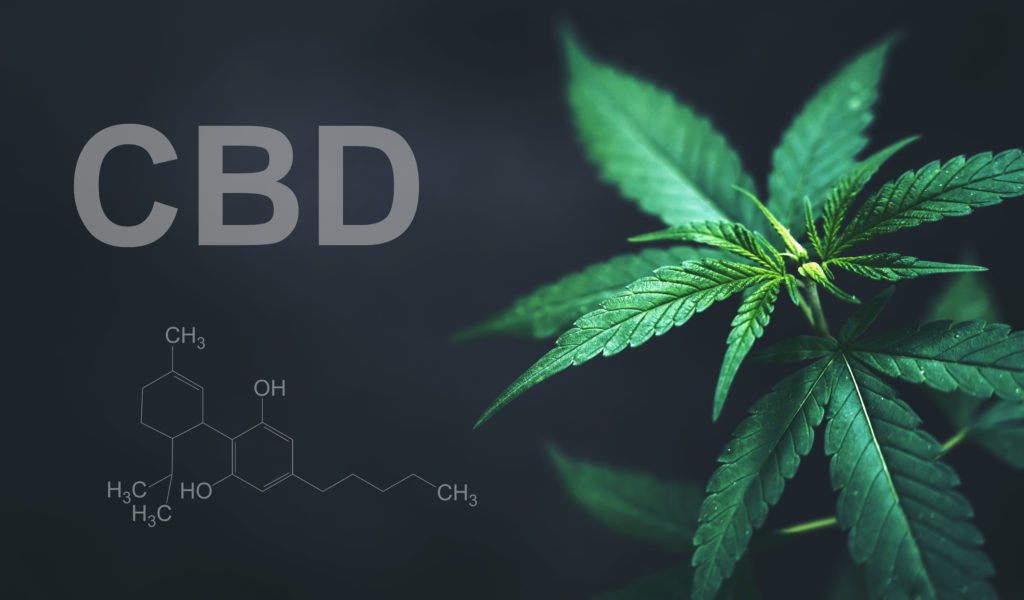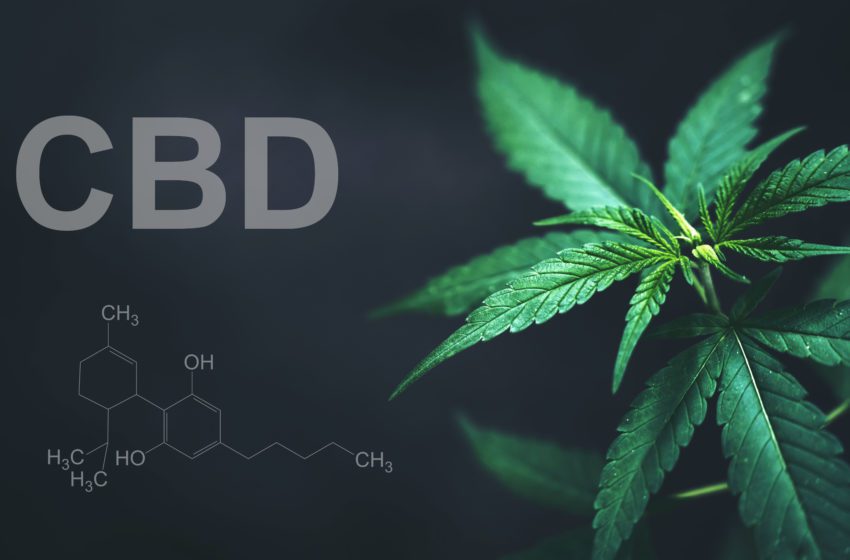
Researchers at Augusta University have identified a new method to treat fentanyl addiction using a cannabidiol, or CBD, based therapy. The new research, which was published in “Cannabidiol reverses fentanyl-induced addiction and modulates neuroinflammation” by Cold Spring Harbor Laboratory’s bioRxiv, offers a promising alternative approach to combat the opioid epidemic, which has claimed hundreds of thousands of American lives.
Babak Baban, a neural immunologist and associate dean of research at AU’s Dental College of Georgia, has pioneered medical use of CBD. Baban partnered with Phillip Wang, a neuroscientist in the Medical College of Georgia’s Department of Neurology, to co-lead the collaborative research efforts to shed new light on effective treatments for fentanyl addiction.
Nearly 250,000 Americans have died from opioid overdose since 2018. At the center of the opioid epidemic is fentanyl.
“Our method is not only effective but also easily applicable, enabling individuals to navigate their journey to recovery safely and with minimal supervision. This is a vital step in addressing the broader social and health impacts of this pervasive issue.”
Babak Baban
When studying a mouse model of fentanyl addiction, the AU team found that fentanyl use dramatically elevated neural inflammation and significantly changed innate lymphoid cells (ILCs), part of the innate immunity in the brain, according to a press release. With mounting evidence implicating neural inflammation and ILCs in maintaining and modulating the functions of the central nervous system (CNS), this led them to hypothesize that altered CNS immune systems may also be crucial in fentanyl-induced maladaptation.
Baban and Wang have shown previously that CBD can reduce neural inflammation restore changes in ILCs, so they decided to apply a similar approach to fentanyl addiction. They found CBD treatment significantly reversed both the elevated neural inflammation and many addiction-related behaviors.
“With most labs focusing mainly on the neuronal and synaptic plasticity mechanisms of fentanyl addiction, the association between changes in neural inflammation, especially ILCs and addiction, is somewhat surprising and very interesting,” said Wang. “This study helps to improve our understanding of the pathophysiological mechanisms subserving drug addiction.
“There is clearly a lot to be learned how inflammation and ILCs interact with learning and memory at behavioral level, with neural plasticity at the synaptic and neural network level, and with the reward pathways at the anatomical level.”

